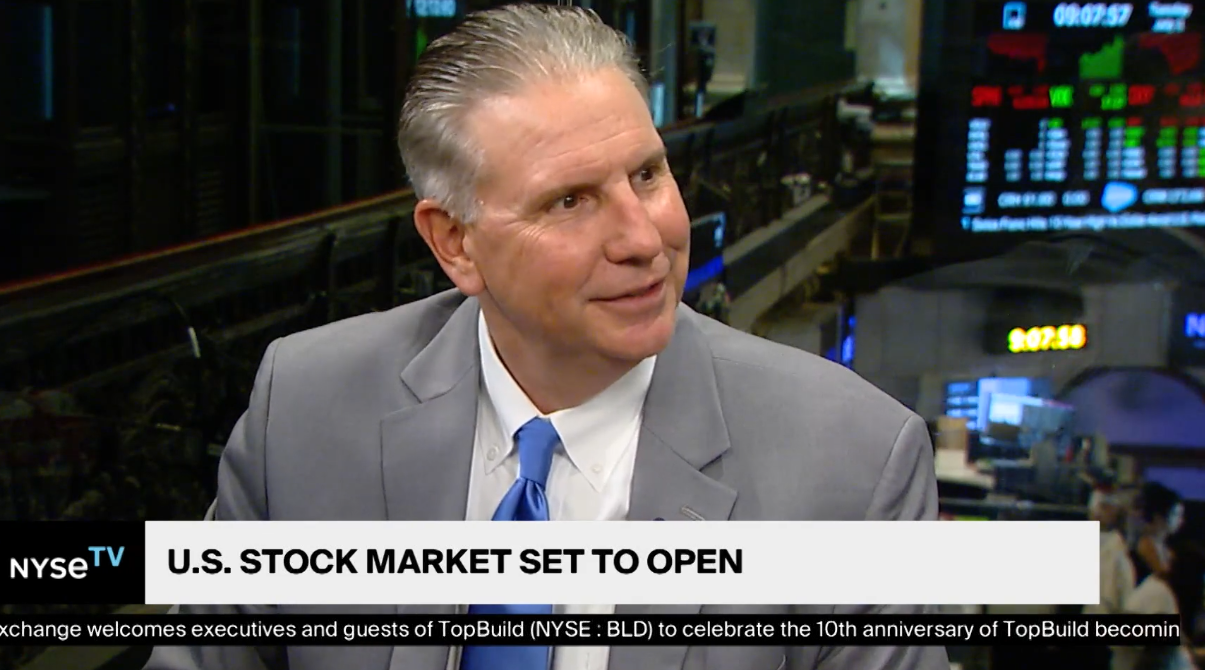
Jobs and Tech Pull Markets Lower

Global equity markets finished lower for the week. In the U.S., the S&P 500 Index closed the week at a level of 5408, representing a decrease of 3.24%, while the Russell Midcap Index moved -3.74% last week. Meanwhile, the Russell 2000 Index, a measure of the Nation’s smallest publicly traded firms, returned -5.02% over the week. As developed international equity performance and emerging markets were lower, returning -2.81% and -2.24%, respectively. Finally, the 10-year U.S. Treasury yield moved lower, closing the week at 3.71%.
Last week’s holiday-shortened trading period had markets no longer laser-focused on inflation, and instead, attention was directed to labor markets. A rightful switch after Fed Chair Jerome Powell commented at the economic symposium weeks ago that the open market committee was turning their own attention to the jobs market and policy decisions that will be based on maximizing full employment.
Friday’s jobs data confirmed what the Fed might have been expecting: a cooling economy. During August, the economy added 142,000 jobs and the unemployment rate fell modestly to 4.2% from 4.3%. The stock market ended the week on a low note Friday, dropping 1.73%, as measured by the S&P 500 index. Despite the jobs markets deteriorating more than expected, the likelihood of more than a 25 basis point cut on September 18th fell from 49% to 25%, according to the CME group.
Jobs were not the only force driving markets lower during the week. Chip-making giant Broadcom reported earnings that fell significantly short of analysts’ expectations, pushing the company down over 10% and causing a rippling effect across the tech sector, with other AI companies like Nvidia dropping 4% and the overall Nasdaq index 2.6% lower during the day. Broadcom’s drop, according to the Wall Street Journal, was the company’s worst post-earnings reaction on record. As technology and AI have been the beneficiaries of tremendous growth of late, the earnings from Broadcom are not a welcoming sign to investors that have concerns about the sectors current valuations.
Best wishes for the week ahead!
Equity and Fixed income index returns sourced from Bloomberg on 9/6/24. Jobs data from the Labor Department on 9/6/2024. Economic Calendar Data from Econoday as of 9/9/24. International developed markets are measured by the MSCI EAFE Index, emerging markets are measured by the MSCI EM Index, and U.S. Large Caps are defined by the S&P 500 Index. Sector performance is measured using the GICS methodology.
Disclosures: Past performance does not guarantee future results. We have taken this information from sources that we believe to be reliable and accurate. Hennion and Walsh cannot guarantee the accuracy of said information and cannot be held liable. You cannot invest directly in an index. Diversification can help mitigate the risk and volatility in your portfolio but does not ensure a profit or guarantee against a loss.



